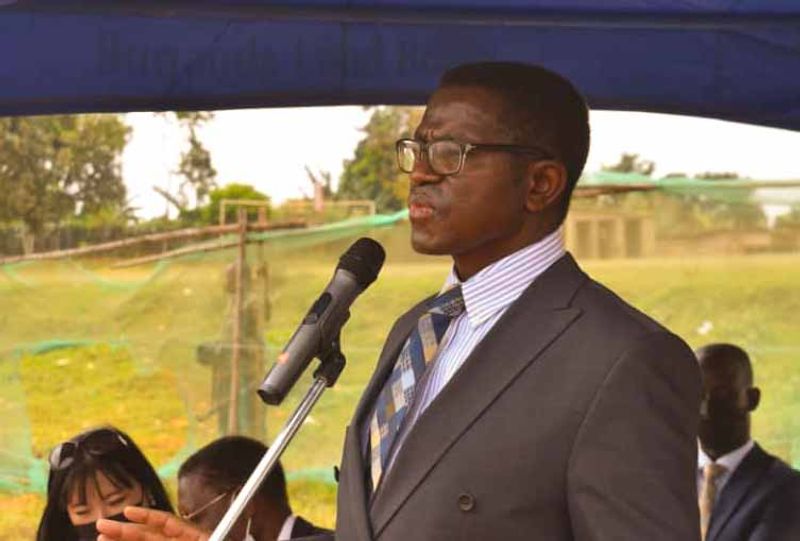
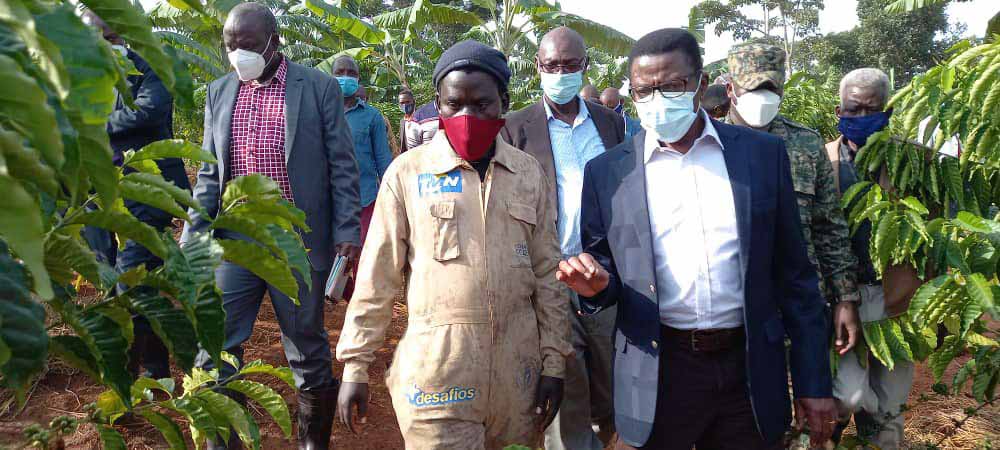
Katikkiro Charles Peter Mayiga in Buvuma islands recently where he inspected coffee plantations
The Katikkiro of Buganda Charles Peter Mayiga has asked the Uganda Coffee Development Authority to rethink its position of leaving the International Coffee Organisation arguing that it could adversely affect the price of coffee, if Uganda loses the joint bargaining power.
“Leaving ICO may lead to the fall in Uganda’s coffee prices. There’s nothing much to gain from leaving ICO. We have to keep our membership of ICO as we continue to find ways to maintain the quality of our coffee,” said Mayiga on Monday following his crusade to promote coffee growing in Buvuma islands.
The Buganda premier is the latest prominent Ugandan to voice opposition to the recent decision by UCDA not to extend Uganda’s membership to the ICO.
Former New Vision boss Robert Kabushenga, a coffee farmer and roaster, was the first one to air his discontent with UCDA over its decision to quit the global bargaining platform.
Kabushenga said: “Without ICO Certificate of Origin Uganda’s Coffee has no proof that it is that. UCDA’s Certificate has to be accepted by the International Coffee Exporters (ICE) and other individual countries where our coffee goes before it can be a replacement. We should have done this ahead of the withdrawal. We have no brand Identity.”
He added: “There is a tax-free access for our coffee in Europe, a lot of foreign funding supporting interventions in the coffee sector and roasters supporting farmers because of ICO membership. Standardization and Certification that we are trying to achieve is set in this forum, a useful databank.”
Andrew Rugasira, also a coffee producer and exporter, has said, that Uganda’s withdrawal from ICO was not well thought out.
Rugasira pointed on the other hand cited the structural and non-tariff barriers brought about by oligopolistic tendencies and ownership structures that have tipped the balance in favour of big coffee buyers and roasters in Europe against the interests of coffee producing countries like Uganda.
“The value-added coffee market is defined by historical asymmetries in capital availability, logistics, information technology and purchasing power between consumers and producer countries.” Rugasira said in an Op-Ed in one of the dailies in Kampala.
Rugasira argued: “The only was value addition translates to higher producer prices is when producers / farmers are organized, capitalized and control as much of the value chain processing as they can.”
Because of these voices of caution, the Minister of Agriculture Frank Tumwebaze asked UCDA to engage all stakeholders on all the options for a win-win situation.


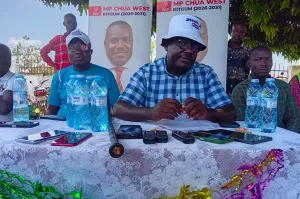


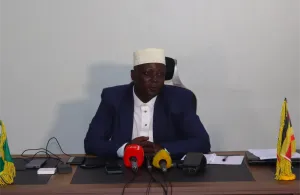
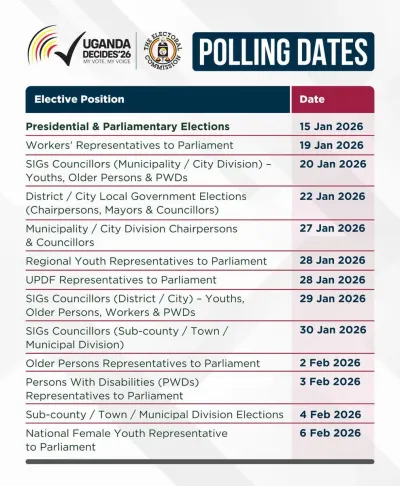







Sunrise Reporter
Leave a Comment
Your email address will not be published.